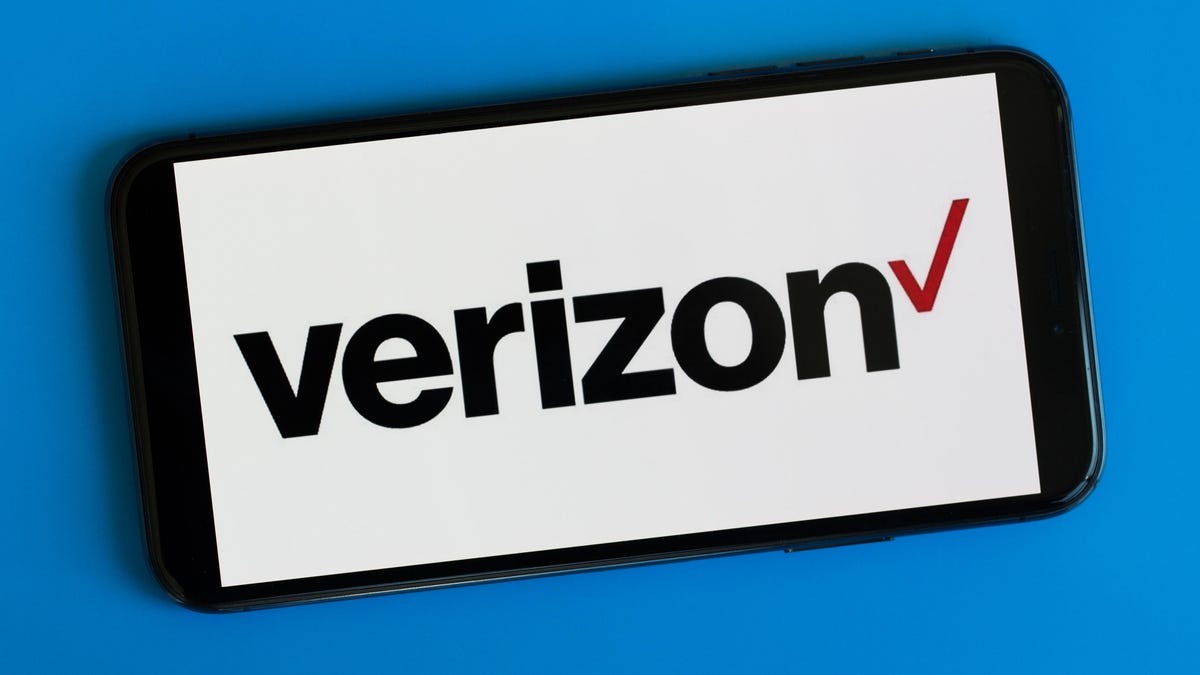Verizon's anti-robocall service will be automatically enabled on Android phones
The change comes after the FCC gave carriers greater power to "aggressively block" unwanted robocalls.

The free Call Filter service blocks robocalls and flags potential spam calls.
Verizon on Tuesday said it'll begin automatically enrolling eligible Android phones in its free Call Filter service. The company said it's making the move after the Federal Communications Commission in June voted to give wireless carriers greater power to "aggressively block" unwanted robocalls.
"We know our customers are sick and tired of the endless onslaught of robocalls," Ronan Dunne, Verizon executive vice president, said in a release. "Our team is committed to developing and enhancing the tools that will help bring relief to our customers. This is another major step in that process."
The free version of Call Filter will block robocalls, sending them automatically to voicemail, and put a warning label on potential spam calls. Verizon said auto-enrollment will begin Tuesday for postpaid customers with eligible devices. Prepaid Android customers and iPhone users can enroll in the free service by downloading the Call Filter app.
Verizon started offering a free version of its spam- and robocall-blocking tools to customers in March. The wireless carrier also offers a paid version called Call Filter Plus, which costs $2.99 a month per line. The paid service offers additional tools like the ability to identify unknown callers by name and a spam number lookup feature.
The number of unwanted robocalls skyrocketed 46% from 2017 to 2018. A January report from Hiya, a caller ID service, said there were 26.3 billion robocalls made in the US in 2018. The number breaks down to an average of 10 monthly calls per person. The FCC has said frustration over robocalls is the No. 1 complaint it receives from consumers, amounting to hundreds of thousands of grievances filed with the agency every year.

